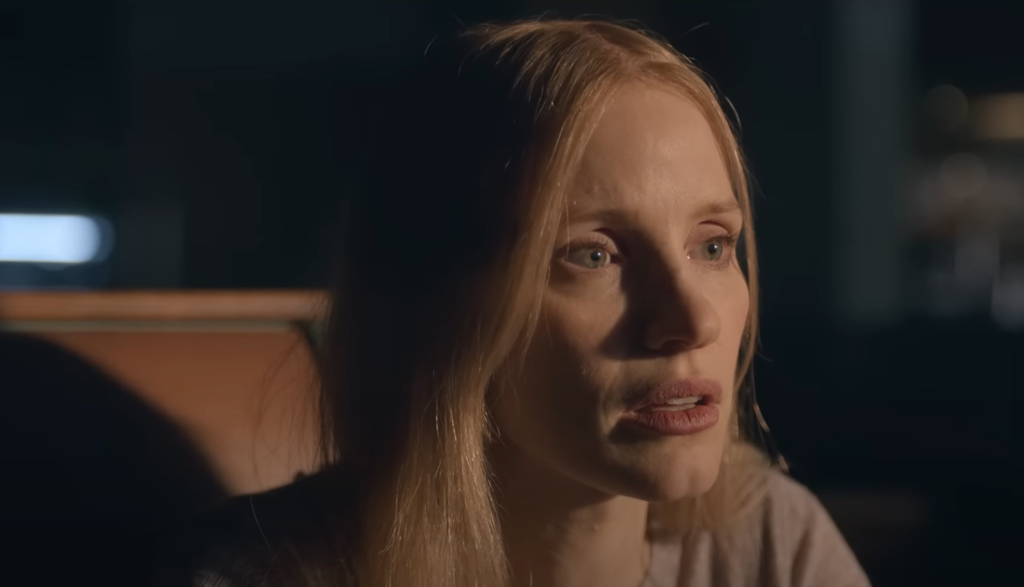
Staying overnight at a hospital can be tough. It’s different from home; the room is filled with strange beeping gadgets; and, most likely, you’re in some sort of pain.
That’s why nurses like Amy Loughren are so wonderful.
Amy’s a trooper. The single mother works tirelessly throughout the night in order to make sure her patients get the best treatment possible. She’d give you an arm and a leg just to make you smile.
And as it turns out, she is giving a piece of herself away: her heart. She’s got cardiomyopathy: blood blisters on her heart that put her in dire need of a heart transplant.
The only problem is that, without insurance, those transplants cost a lot of money—and she’s four months away from being eligible for the hospital’s health insurance and medical leave. Were they to discover her condition before then, she’d surely be fired to save the hospital money. But with every patient she has to lift or perform CPR on, she’s closer and closer to having a stroke.
That’s when Charlie Cullen arrives. The two quickly become friends, and it isn’t long before he figures out what’s going on with Amy. He decides to assist Amy with her patients in order to keep her from overworking her heart.
“I can help you,” Charlie says. “Come on. You can do four months. You’re gonna be OK.”
But then one of Amy’s patients dies unexpectedly, and the two detectives assigned to investigate suspect foul play: Charlie’s at the center of their sights. With the hospital seeking to avoid liability, however, they’ll be hard pressed to find any incriminating evidence against him.
But surely, Amy thinks, there’s no way Charlie could be responsible for the patient’s death. He’s so good and nice and helpful. Besides, he wasn’t even working when the patient passed away. It couldn’t be Charlie! …could it?
Though Amy is exhausted and having health problems, she maintains a positive attitude with her patients and with her children. Her cheerful bedside manner brings them joy despite their difficult circumstances (and her own).
And when Amy figures out who is killing patients at the hospital, she puts herself in potential danger in order to protect her children. Amy’s courage and strength stand in stark contrast to the rest of the people who work at her hospital who’d rather avoid potential liability by simply ignoring the issue. In contrast, when Amy is faced with the dilemma, she works with Detectives Braun and Baldwin figure out how to convict their suspect.
The two detectives work to solve the case before more people are harmed, and they genuinely want to protect other potential victims from harm. They’re rightly frustrated when others seem to be passive about the homicides and even impede their efforts to pursue justice.
None.
A woman’s dead body is seen in a hospital bed, and her breasts are visible.
Charlie was previously arrested for trespassing and harassment. People die in the hospital. Hospital workers perform CPR and use a defibrillator on critical and dying patients. Patients are seen with various wounds.
The f-word is used 13 times, and the s-word is used 12 times. God’s name is misused 14 times, and Jesus’ name is inappropriately used once. “H—,” “jeez,” “crap” and “screwed” are all used once.
Various prescriptions drugs are used or referenced in the hospital. Additionally, patients are killed using drugs. Two women drink chardonnay. A nurse steals medicine.
We see hospitals that would rather escape financial liability than admit errors or do the right thing. A suspect frantically yells and slams his hand into a table. A child yells at her mother.
In Dec. 2003, Charlie Cullen pleaded guilty for the murder of what was eventually confirmed to be at least 29 people—though experts estimate he may have killed as many as 400 people throughout his 16-year career as a nurse.
Charlie hopped from hospital to hospital, poisoning and killing patients for years before anyone began to suspect that he might be at the center of it. In The Good Nurse, we watch as fellow nurse Amy Loughren grows suspicious of him and helps police take him down.
The Good Nurse’s R-rating primarily stems from two things: first, the profane language used within the film (about a dozen f- and s-words as well as misuses of God’s name). Second, there’s one scene in which a woman’s dead body is being cleaned, and we see the woman’s breasts.
Otherwise, this true-crime thriller doesn’t have a huge amount of onscreen content to deal with: patients die, but the scenes are more focused on the hospital staff attempting CPR on the dying victims. Perhaps the most disturbing part about the film is the reminder that it’s based on a true story.


Kennedy Unthank studied journalism at the University of Missouri. He knew he wanted to write for a living when he won a contest for “best fantasy story” while in the 4th grade. What he didn’t know at the time, however, was that he was the only person to submit a story. Regardless, the seed was planted. Kennedy collects and plays board games in his free time, and he loves to talk about biblical apologetics. He thinks the ending of Lost “wasn’t that bad.”